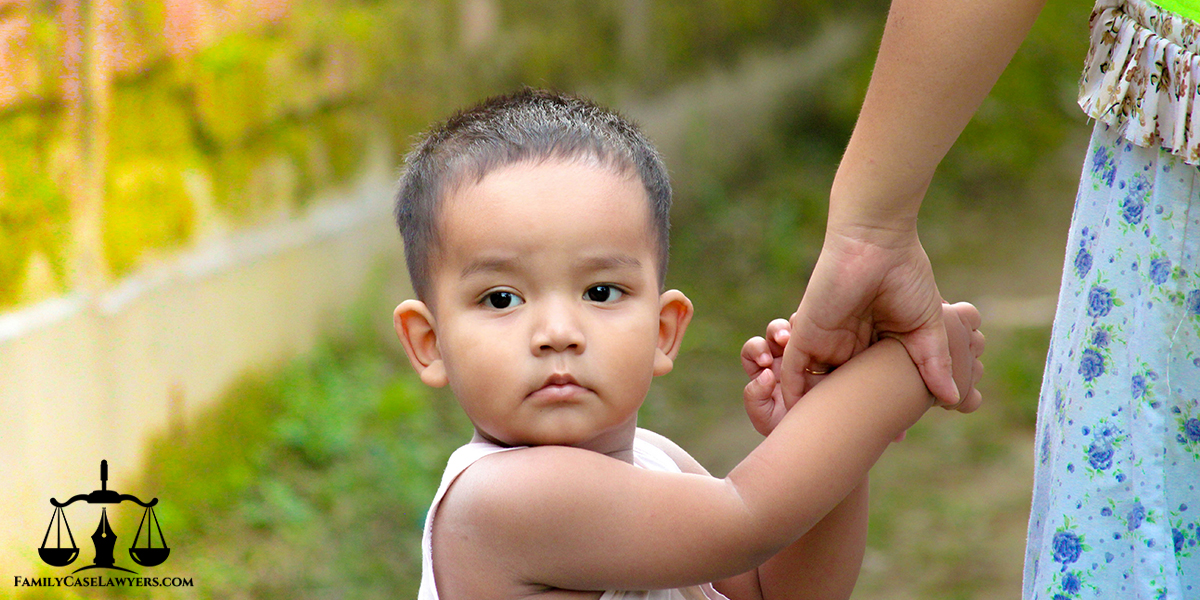How to Protect Your Child’s Rights Legally:
Read More
How to Protect Your Child’s Rights Legally: Custody and Support Explained
When parents separate or divorce, one of the most important questions is how to protect the rights and well-being of their children. Family law provides a framework for custody and support, ensuring that children continue to receive stability, care, and financial assistance, no matter the circumstances.
Understanding Child Custody
Child custody refers to the legal and practical arrangements for a child’s care. There are two main types:
- Legal Custody: The authority to make major decisions about the child’s education, healthcare, and upbringing.
- Physical Custody: Determines where the child lives on a day-to-day basis.
Custody can be sole, where one parent has full responsibility, or joint, where both share duties. Courts typically prefer shared custody if it is in the child’s best interest, as maintaining strong relationships with both parents supports healthy development.
Factors Courts Consider in Custody Cases
Custody decisions are never one-size-fits-all. Judges look at several factors, such as:
- The child’s age and needs
- Each parent’s ability to provide a safe, stable home
- The emotional bond between child and parent
- Any history of abuse or neglect
- The child’s own preferences (depending on age)
The guiding principle in every case is the best interest of the child.
Child Support Explained
While custody covers care, child support ensures the child’s financial needs are met. Typically, the non-custodial parent pays support to help cover essentials such as:
- Housing and food
- Education and school-related costs
- Medical care and insurance
- Clothing and daily living expenses
Support amounts are based on factors like parents’ income, the number of children, and custody arrangements. This ensures fairness while protecting the child’s quality of life.
Legal Rights of Children in Custody and Support
Children hold specific legal rights that both custody and support laws are designed to protect, including:
- The right to safety and stability
- The right to financial support from both parents
- The right to maintain meaningful relationships with each parent
- The right to proper education and healthcare
By upholding these rights, family law keeps the focus on the child’s well-being rather than parental disputes.
Protecting Your Child’s Rights
As a parent, there are steps you can take to safeguard your child during custody or support proceedings:
- Hire an experienced family lawyer for guidance
- Keep records of your child’s expenses and needs
- Cooperate with your co-parent whenever possible
- Always follow court orders and prioritize the child’s best interests



